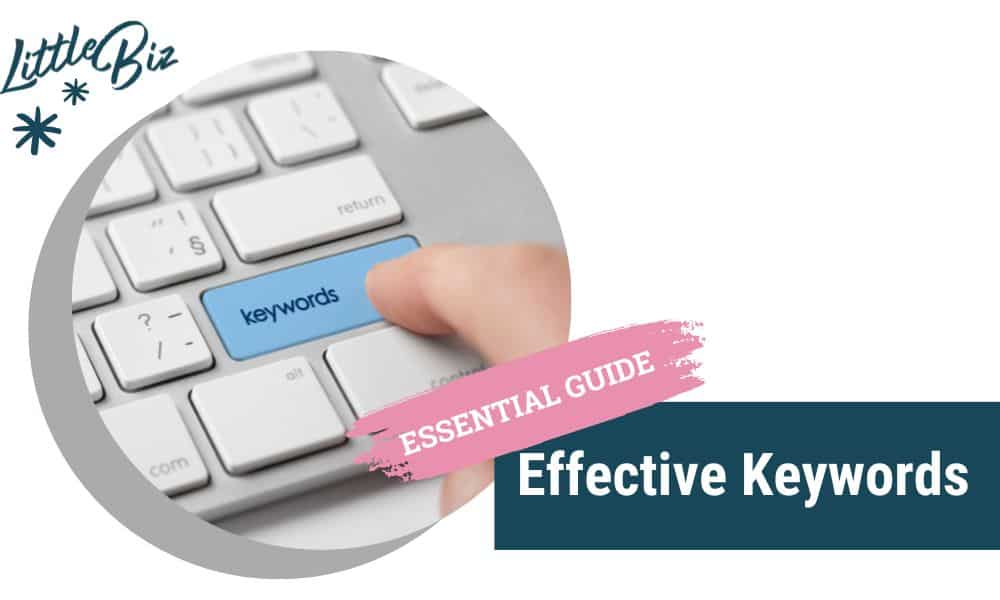As a web designer, I know the importance of keywords when it comes to optimizing your website for search engines. Keywords are the phrases and terms that people type into search engines when they’re looking for information online. And by using the right keywords in your website, you can help search engines understand what your site is about and match it with the right searches.
Why do keywords matter?
Basically, the right keywords can make or break your website’s search engine optimization (SEO) success. By targeting the right keywords, you can attract the right traffic to your site and increase your chances of being found by your target audience.
How do you find the right keywords for your website?
The first step is to do some keyword research. You can use tools such as Google Trends, Google Keyword Planner (inside Google Ads), Keyword Planner and Ubersuggest to find keywords that are relevant to your business, have high search volume, and low competition.
Once you’ve identified your keywords, it’s time to put them to use. But don’t just randomly sprinkle them throughout your website content. You should use them strategically, in places such as your title tags, headings, meta descriptions, and body text. But always keep in mind that your content should be written for your audience first and foremost. Keywords should be used to enhance your content, not detract from it.
Here are some best practices for using keywords in your website:
- Research keywords: Use keyword research tools to identify relevant and popular keywords to target. Consider both short-tail (one or two words) and long-tail (three or more words) keywords that accurately describe your business and offerings.
- Use keywords naturally: Incorporate keywords into your website’s content in a natural and relevant way. Avoid repeating keywords excessively or using them unnaturally, as this can result in keyword stuffing.
- Use keywords strategically: Place keywords in important places such as the title tag, headings, meta description, and body text. However, don’t sacrifice the readability and user experience of your content for the sake of keyword optimization.
- Use keyword variations: In addition to your main keywords, use synonyms, related phrases, and variations of your keywords to provide a more comprehensive coverage.
- Monitor keyword performance: Regularly monitor your website’s performance with keyword tracking tools, and adjust your strategy as necessary.
Keywords are an essential component of a successful SEO strategy. By researching and using the right keywords in a strategic and natural way in your website, you can attract the right traffic, improve your visibility and rankings in search engine results pages (SERPs), provide a better experience for your visitors and ultimately drive more leads and sales to your business.
Subscribe to our free weekly Little Biz SEO Tips emails

Our emails deliver weekly Little Biz SEO Tips to help you master your organic SEO

